Intro
Discover the 5 benefits of folic acid, including prenatal health, cell growth, and disease prevention, to boost overall well-being and reduce homocysteine levels, promoting a healthy pregnancy and fetal development.
Folic acid, also known as vitamin B9, is a crucial nutrient that plays a significant role in various bodily functions. It is particularly important for pregnant women, as it helps prevent birth defects of the baby's brain and spine. However, the benefits of folic acid extend beyond pregnancy, and it is essential for people of all ages. In this article, we will delve into the world of folic acid, exploring its importance, benefits, and ways to incorporate it into your diet.
Folic acid is a water-soluble vitamin that is found in various food sources, including leafy greens, legumes, and fortified cereals. It is essential for the production of red blood cells, which carry oxygen throughout the body. Folic acid also helps to prevent anemia, a condition characterized by a lack of red blood cells or hemoglobin in the blood. Additionally, folic acid is necessary for the proper functioning of the nervous system, and it helps to regulate homocysteine levels in the blood, which is associated with an increased risk of heart disease.
The importance of folic acid cannot be overstated, and it is essential to understand its benefits to appreciate its value. Folic acid is not only crucial for pregnant women but also for people of all ages, as it helps to maintain overall health and well-being. With its numerous benefits, it is no wonder that folic acid is considered an essential nutrient. In the following sections, we will explore the benefits of folic acid in more detail, discussing its role in preventing birth defects, reducing the risk of heart disease, and promoting healthy cell growth.
What is Folic Acid?
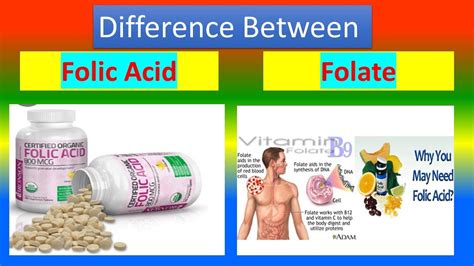
Benefits of Folic Acid
The benefits of folic acid are numerous, and it is essential to understand its importance to appreciate its value. Some of the benefits of folic acid include: * Preventing birth defects of the baby's brain and spine * Reducing the risk of heart disease * Promoting healthy cell growth * Preventing anemia * Supporting the nervous systemBenefits of Folic Acid for Pregnant Women
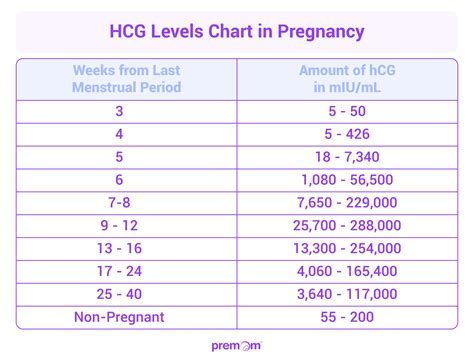
Folic Acid and Birth Defects
The relationship between folic acid and birth defects is well-established. Studies have shown that women who take folic acid supplements before and during pregnancy can reduce the risk of birth defects of the brain and spine by up to 70%. The Centers for Disease Control and Prevention (CDC) recommend that all women of childbearing age take 400 micrograms of folic acid daily to prevent birth defects.Benefits of Folic Acid for Heart Health
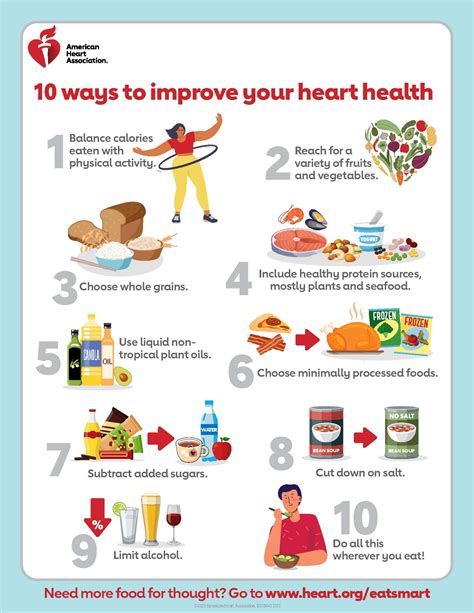
Folic Acid and Homocysteine
The relationship between folic acid and homocysteine is complex. Homocysteine is an amino acid that is produced by the body as a byproduct of protein metabolism. High levels of homocysteine are associated with an increased risk of heart disease, and folic acid helps to regulate homocysteine levels by converting it into other amino acids.Benefits of Folic Acid for Cell Growth
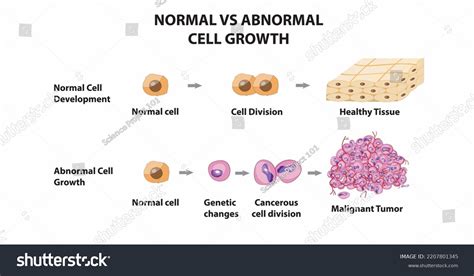
Folic Acid and Cell Division
The relationship between folic acid and cell division is well-established. Folic acid helps to produce DNA and RNA, which are necessary for cell division and growth. Without sufficient folic acid, cells may not be able to divide properly, leading to a range of health problems, including anemia and birth defects.Benefits of Folic Acid for Anemia

Folic Acid and Red Blood Cells
The relationship between folic acid and red blood cells is complex. Folic acid helps to produce red blood cells, which carry oxygen to the body's tissues. Without sufficient folic acid, the body may not be able to produce enough red blood cells, leading to anemia.Benefits of Folic Acid for Nervous System
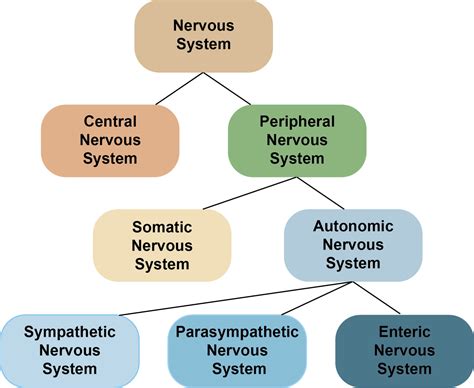
Folic Acid and Neurotransmitters
The relationship between folic acid and neurotransmitters is complex. Folic acid helps to produce neurotransmitters, such as serotonin and dopamine, which are necessary for mood regulation and other functions. Without sufficient folic acid, the body may not be able to produce enough neurotransmitters, leading to a range of health problems, including depression and anxiety.What is the recommended daily intake of folic acid?
+The recommended daily intake of folic acid varies depending on age and sex. The recommended daily intake for adults is 400 micrograms, while pregnant women require 600-800 micrograms per day.
What are the symptoms of folic acid deficiency?
+The symptoms of folic acid deficiency include fatigue, weakness, pale skin, and shortness of breath. In severe cases, folic acid deficiency can cause birth defects, anemia, and neurological problems.
What foods are rich in folic acid?
+Foods rich in folic acid include leafy greens, legumes, and fortified cereals. Other good sources of folic acid include citrus fruits, beans, and whole grains.
In conclusion, folic acid is an essential nutrient that plays a crucial role in various bodily functions. Its benefits extend beyond pregnancy, and it is essential for people of all ages. By understanding the importance of folic acid and incorporating it into your diet, you can reduce the risk of birth defects, heart disease, and other health problems. We encourage you to share this article with your friends and family, and to take action to ensure you are getting enough folic acid in your diet. Whether you are pregnant, planning to become pregnant, or simply looking to maintain overall health and well-being, folic acid is an essential nutrient that should not be overlooked.
